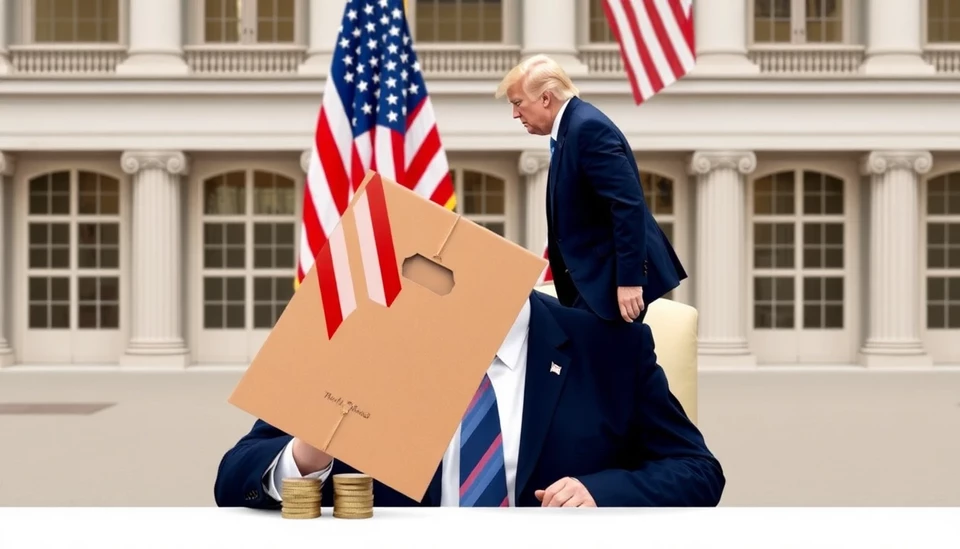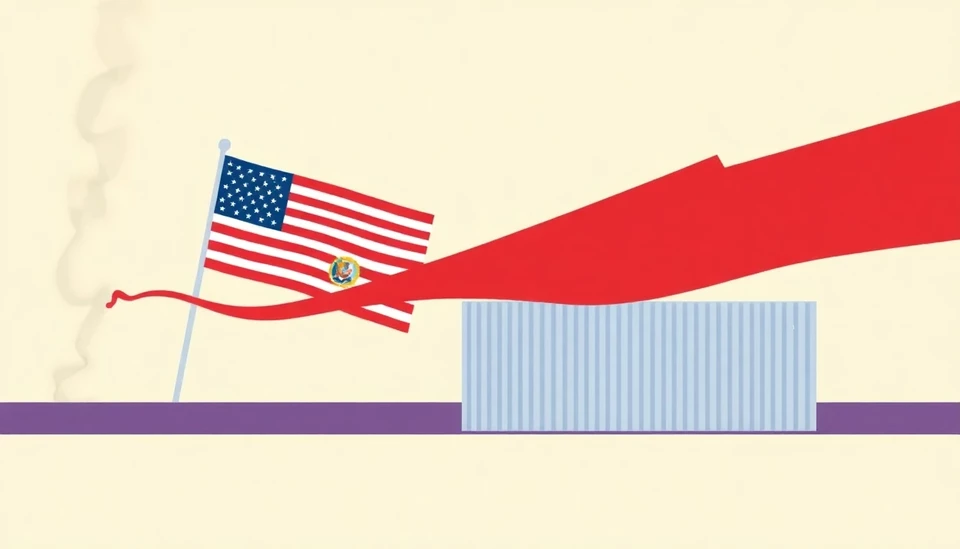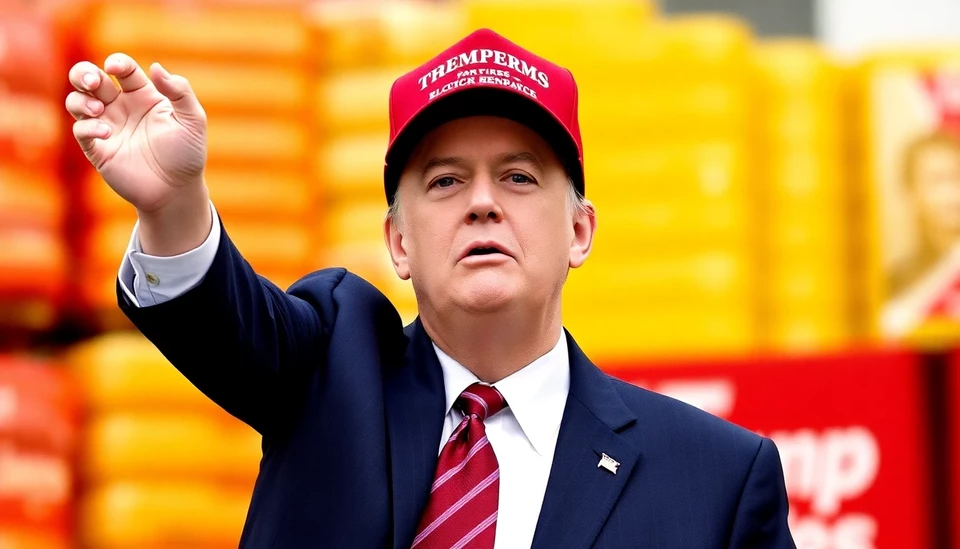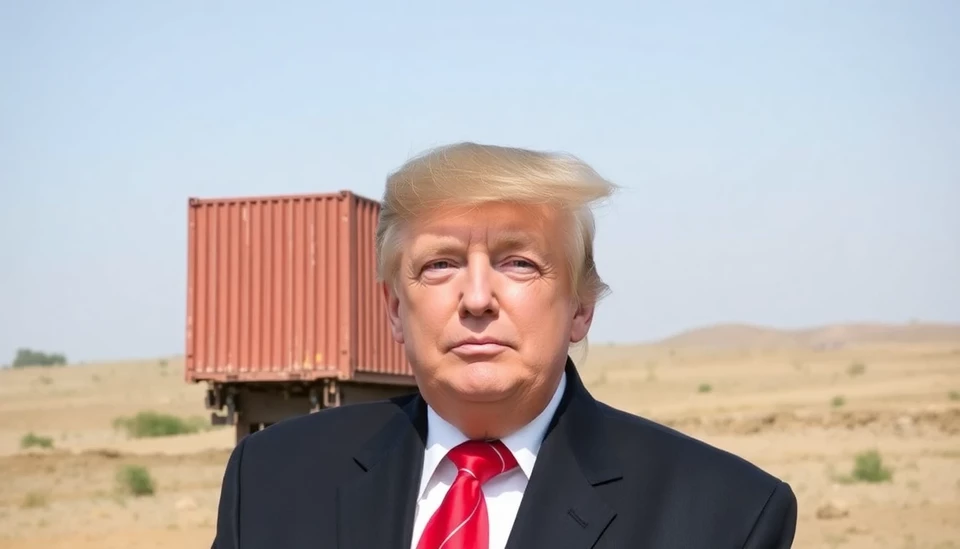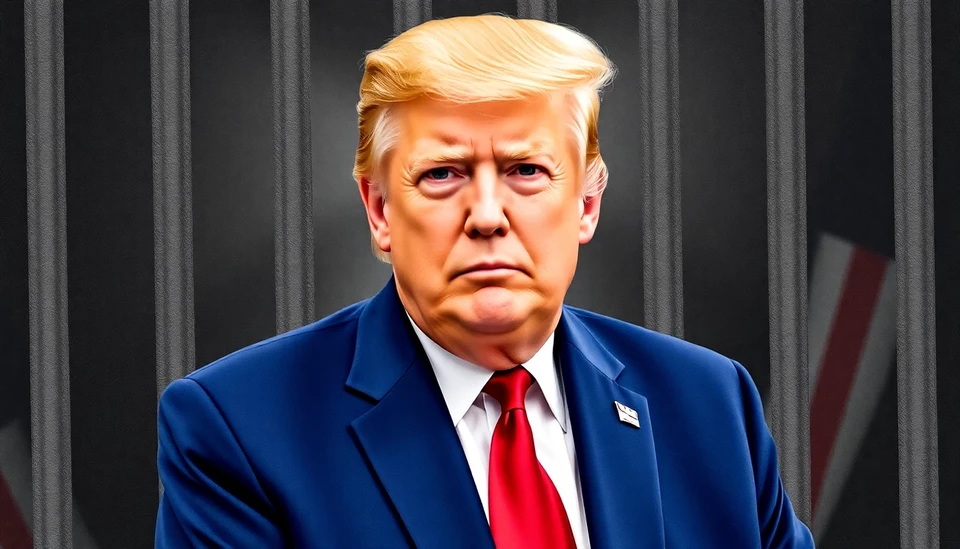
In a shocking turn of events connected to the insider trading scandal involving Donald Trump’s special purpose acquisition company (SPAC), a second brother has been sentenced to prison. The Securities and Exchange Commission (SEC) has been aggressively pursuing cases related to the alleged trading on non-public information, and this latest development signifies a crucial juncture in the unfolding saga.
The brother, who has not been named in the initial reports, was facing serious charges linked to trading shares of the highly publicized SPAC before the public announcement that it would merge with a prominent technology firm. Authorities indicated that the transaction could yield substantial profits, raising concerns over fairness and integrity in financial markets.
The SEC previously charged multiple individuals in connection with what it described as a coordinated insider trading scheme, which allowed a select group of individuals to profit at the expense of unsuspecting investors. The implications of these actions have sparked a larger discussion on the ethics surrounding SPACs and insider trading, especially when high-profile figures are involved.
This recent sentencing reflects an ongoing investigation that has highlighted a troubling pattern of premeditated engagement in illegal trading activities among family members of involved parties. Prosecutors argued that this reinforces a broader narrative about how insider trading not only undermines market confidence but also exploits the very system designed to protect investors.
According to court documents, the brother's culpability was underscored by communications that demonstrated prior knowledge of critical corporate developments. These revelations have caused further scrutiny of the trading practices surrounding the Trump SPAC and other similar ventures, prompting calls for stricter regulations and oversight in the sector.
Legal experts suggest that while the defendants might attempt to appeal the sentences, the growing scrutiny from regulatory bodies will likely continue as they aim to deter future instances of insider trading. This case is on track to serve as a crucial example in potential legislation or reform initiatives being debated in Congress.
As the investigation proceeds, industry watchers are closely monitoring any emerging trends regarding the fate of other involved parties and how the market will react in light of these incidents. The fallout from these findings may not only affect those directly involved but could also resonate throughout various sectors of the financial markets.
With mounting legal challenges ahead, the implications of this scandal involving a former president's business dealings are bound to stir up significant media interest and public debate, as parties on both sides brace for potential repercussions.
In addition to the legal ramifications, the case raises pivotal inquiries regarding the behaviors surrounding public figures and their influence over market operations. The questions linger not simply about the individual culpability but what systemic changes might need to evolve to prevent similar scenarios in the future.
The ongoing saga serves as a stark reminder of the complexities entwined in both financial regulations and personal culpability. As developments unfold, attention will remain fixed on the growing intersection of politics, finance, and ethics in America.
#Trump #SPAC #InsiderTrading #SEC #WallStreet #FinancialRegulations #CrimeAndPunishment #BusinessEthics #Investing #LegalReform
Author: Samuel Brooks
